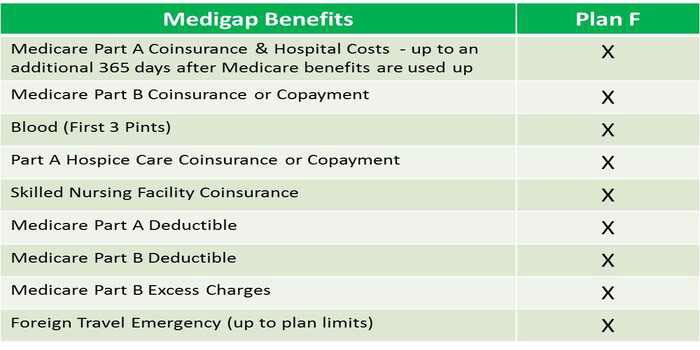The Kiddie Tax, a provision in the U.S. tax code, can pose a significant hurdle for families trying to plan their finances. Originally designed to prevent wealthy parents from shifting income to their children to avoid higher tax brackets, this tax can inadvertently affect families trying to save for their children's future. Understanding the Kiddie Tax, its implications, and strategies to manage it effectively or even sidestep it altogether, thus becomes vital. This guide sheds light on these aspects, helping parents navigate the intricacies of the Kiddie Tax to optimise financial planning for their children.
What is the Kiddie Tax?

The Kiddie Tax is a tax provision that was introduced in 1986 as part of the Tax Reform Act. It was designed to prevent parents from transferring their investment income to their children who were taxed at lower rates or not taxed at all. Before this provision, wealthy parents could take advantage of lower tax rates on unearned income by gifting assets or transferring them to their children. The Kiddie Tax, therefore, aims to prevent such tax avoidance by taxing the unearned income of a child above a certain threshold at the higher rate of their parents.
Who does it apply to?
The Kiddie Tax targets dependent children under the age of 19 and full-time students under the age of 24. It applies to unearned income, such as interest, dividends, and capital gains, that exceeds a certain threshold set by the IRS. For 2021, this threshold is $2,200. If a child's unearned income is below this threshold, they are not subject to Kiddie Tax. However, if it exceeds this amount, the excess will be taxed at the parent's marginal tax rate.
Who is Affected by the Kiddie Tax?
The Kiddie Tax can affect families in several ways. It can apply to children receiving gifts or inheritances from their parents, as well as those who have investments in their name. For example, if a parent gifts stocks worth $10,000 to their child and the child sells them for a profit of $2,000, the unearned income will be subject to Kiddie Tax. Additionally, if a child has investments in their name, any income generated from those investments will also be subject to this tax.
Strategies to Manage and Avoid the Kiddie Tax
While the Kiddie Tax was designed to prevent tax avoidance, it can have unintended consequences for families trying to save for their children's future. As such, it is essential to have a comprehensive financial plan in place that takes into account the Kiddie Tax implications. Here are some strategies that can help manage and potentially avoid the Kiddie Tax:
- Delay investments or gifting until the child turns 18: The Kiddie Tax only applies to children under the age of 19, so delaying investments or gifting until after they turn 18 can help avoid this tax altogether.
- Invest in tax-advantaged accounts: Income generated from investments held in tax-advantaged accounts, such as a 529 plan or a Roth IRA, is not subject to Kiddie Tax. Parents can consider investing in these accounts for their children's future education or retirement.
- Consider income-splitting strategies: Income-splitting involves distributing income among family members to take advantage of lower tax brackets. This can be an effective way to reduce the impact of Kiddie Tax.
- Utilize capital gains and losses efficiently: Parents can strategically time capital gains and losses in their own portfolio to offset any unearned income generated by their children's investments.
- Engage a financial advisor or tax professional: The Kiddie Tax can be complex, and its implications can vary depending on individual circumstances. It is always advisable to consult a financial advisor or tax professional who can offer personalized advice for managing this tax effectively.
Potential Ways to Avoid Paying Kiddie Tax

While managing the Kiddie Tax is crucial, parents may also explore ways to avoid paying it altogether. Here are some potential options that can help families sidestep this tax:
- Gifts below the annual exclusion limit: The IRS allows individuals to gift up to $15,000 per year per individual without incurring any gift or income tax. By gifting below this limit, parents can avoid the Kiddie Tax entirely.
- Gift appreciated assets: Parents can gift appreciated assets to their children who are in lower tax brackets. When the child sells these assets, they may be taxed at a lower capital gains rate or may even qualify for the zero percent rate if their income is low enough.
- Make use of trusts: Trusts can be a useful tool for managing assets and potentially avoiding the Kiddie Tax. By transferring assets to a trust, parents can control how income is distributed to their children and potentially minimize their tax liability.
- Invest in municipal bonds: Interest earned from municipal bonds is typically not subject to federal income tax, which can be beneficial for families trying to avoid or minimize the impact of Kiddie Tax.
Conclusion
The Kiddie Tax is an important provision in the U.S. tax code that aims to prevent tax avoidance by wealthy families. However, it can also have unintended consequences for families trying to save for their children's future. By understanding its implications and implementing appropriate strategies, parents can effectively manage and potentially avoid this tax, helping to optimize their children's financial planning. It is always advisable to consult a financial advisor or tax professional for personalized advice on managing the Kiddie Tax. So, it becomes clear that having a solid understanding of the Kiddie Tax and its implications is crucial for parents who want to make informed financial decisions for their children's future.




